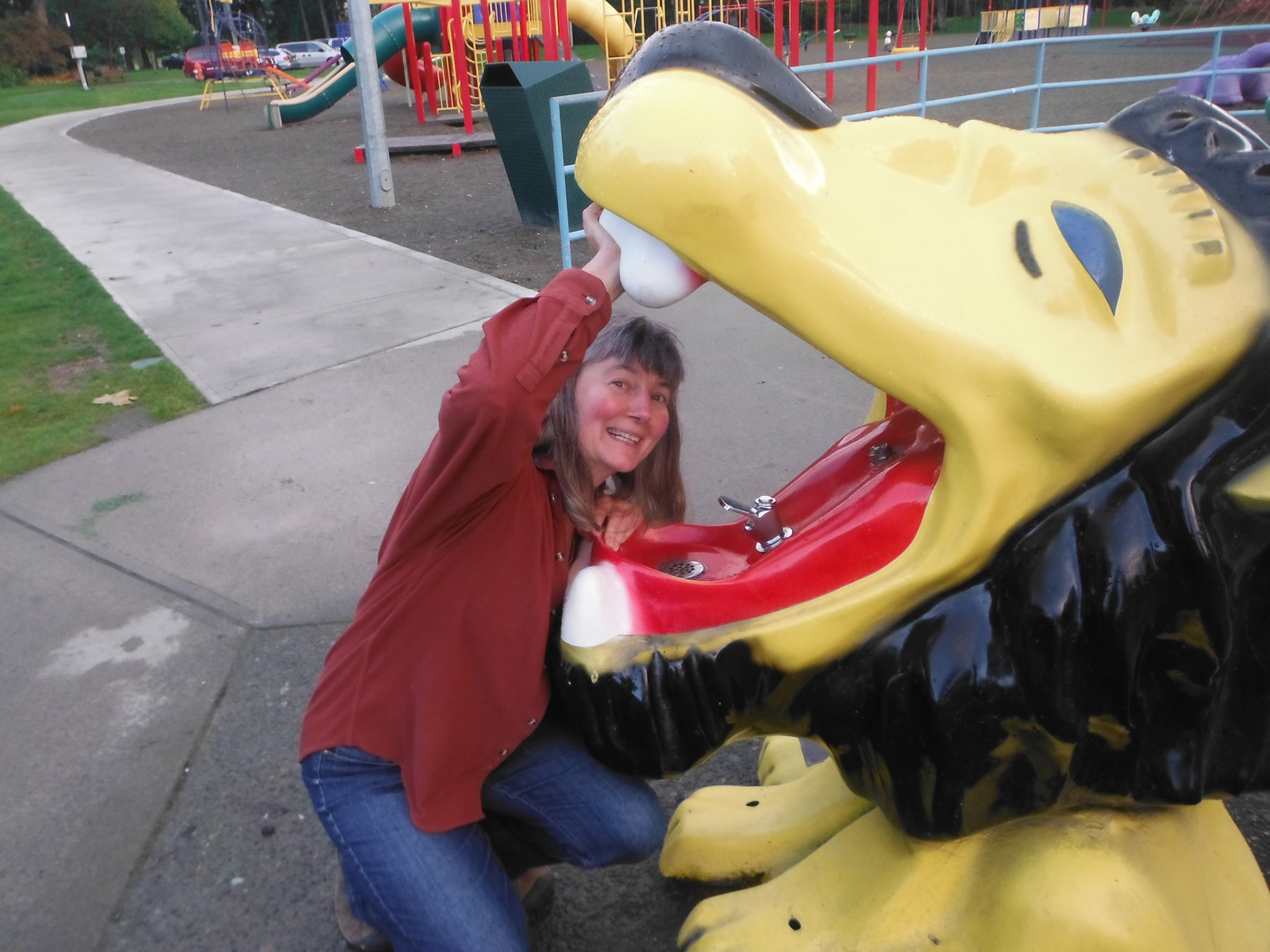I spent some time, during the summer, learning how to contribute to an iNaturalist project based in a small corner of our local UNESCO Biosphere Region. In case you haven’t tried iNaturalist before, it’s an amazing “what’s this” service that allows you to identify flora and fauna you encounter on your nature walks, just by uploading images from your smartphone in the field. With the aid of some built in artificial intelligence, you might get an immediate match. If you stump the system at first, there are over a million scientists and naturalists who look in periodically to suggest answers to your questions.
I’ve used iNaturalist’s app on ocean and forest explorations for several years, but this year was the first time I began to participate as a member of the community, contributing images (and maybe sound recordings) for a particular conservation initiative. Thus, I’ve become what they call a “citizen scientist” or what I, from my perspective as an educator, think of as a member of an online learning community.

During my years in university, I learned about Lev Vygotsky’s theories about the power of learning in social settings through regular interactions with peers, teachers and other aspects (check out his writings on the zone of proximal development).
Image by Sketchplanations.com
Another, more recent theorist, Albert Bandura, focused on the social aspects of learning in any context, through modeling, observing and imitating. Aspects of these theories have been reflected and expanded with the changes in our society and the development of online learning environments and mobile devices.
Online learning environments no longer need to involve direct dialogue or one-to-one interaction with peers or experts. Despite earlier theoretical models like Garrison, Anderson and Archer’s Community of Inquiry, recent online learning communities appear to provide similar learning benefits without the intervention of teachers or experts who try to provide direct instruction. And these social, always accessible (if you have a smartphone and cellular access) communities offer free access, visually appealing interfaces and content, and the ability to participate whenever, however, and in whatever way you choose. There are some basic requirements (that is, membership information) and acceptance of terms of use (that involves giving away some rights to your photographs or sound recordings), but the value to each participant seems to outweigh the “costs.”
The aspects of my learning that I plan to track are whether I begin to learn more effectively than I have when I’ve completed online courses in nature-related subjects. Based on what I know of research on how people learn, participating in such a broad spectrum, active environment with the ability to zoom in on things that interest me or have local relevance for me should mean that I learn more effectively and retain my knowledge longer?
